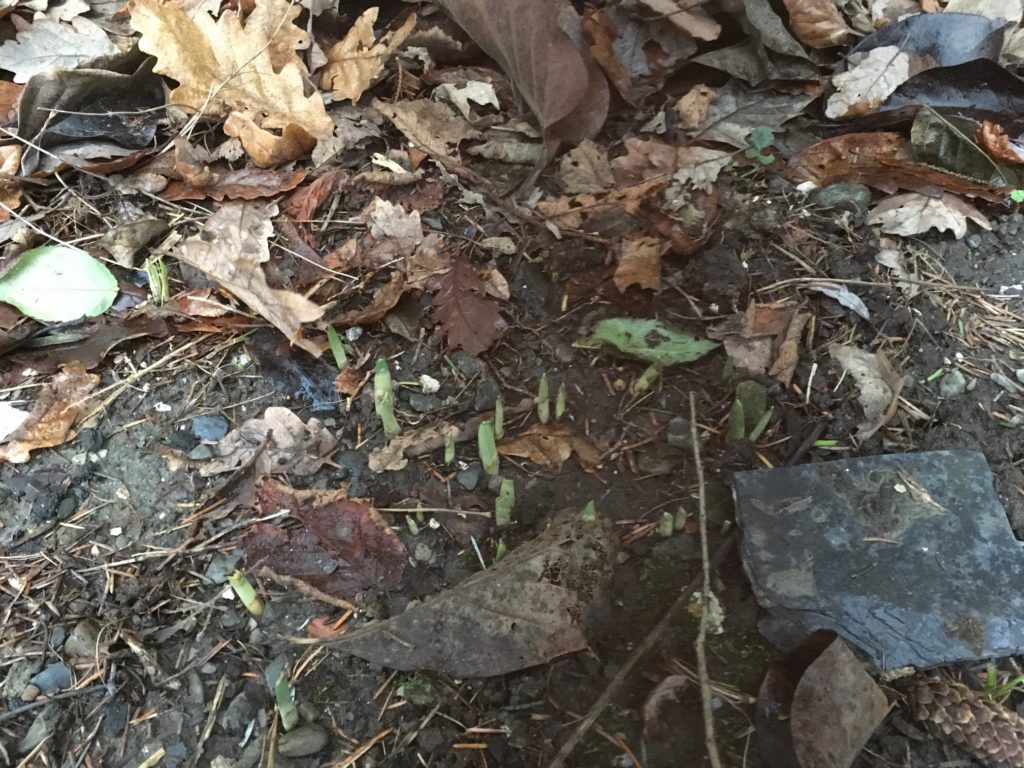Reflection on Epiphany, the Baptism of Jesus and Prince Harry.
“This is my Son, the Beloved.” Matthew 3:13-17.
“She wanted Harry to be William’s wing man and not, as we have seen, his hit man.” Andrew Morton, of Princess Diana’s comments about her children, the heir and spare.
Today’s Gospel refers to Jesus as the beloved son of God who was born in human form and drew a series of diverse characters together through his birth in Bethlehem. Innkeeper, angels, shepherds and Magi were brought to the stable by a wordless infant entrusted to a human family as the Word was revealed to the world. This Prince of Peace was nevertheless subjected to possible violence and forced to flee as a refugee to Egypt in his early days as the unstable King Herod sought to get rid of him by massacring all the boys under the age of two. That would probably have amounted to 12 or 15 babies and it must have been a disturbing and worrying time for his parents, although the family returned after the death of Herod and little else is known of Jesus’ early childhood.
By contrast, in his memoir Prince Harry has revealed previously unknown details of his childhood, being born into wealth and privilege as part of the British Royal Family and second in line to the throne. It’s now clear that Harry did not always feel a sense of belonging or purpose about his role as the second beloved son and spare should anything happen to the heir. Similar issues were reflected in the life of Princess Margaret, the Queen’s sister who was also constrained by her position. However, the ‘spare’ child was needed when Edward VIII abdicated the throne for love of a divorced American and George VI became King, thus paving the way for Harry’s later position. Many would have sympathy for the young Princes when Princess Diana was killed in so violent a car crash when Harry was only 12 and it’s clear that the grief and anger he experienced in his childhood then continues greatly to affect him. However, in divulging so much now, it’s clear that Harry’s Spare has spared very little for his father and brother in particular – he who brought so many diverse characters together through the Invictus Games and being a Commonwealth youth ambassador has now chosen to distance himself from the Family and institution of his birth. That also applies to his time in the Army and security issues as Harry has broken with accepted practice by noting the 25 members of the Taliban that he claims to have killed and calling them just chess pieces rather than human beings. That perhaps relates to his training as an Apache helicopter pilot, but what will result from all this in whatever lies ahead?
By contrast, Jesus meets his second cousin John and consents to baptism by him, even though John suggests that it is not necessary. The Baptist is clearly surprised by what is being asked of him but agrees to it when Jesus says to him, “Let it be so now.” As a result, through John’s acceptance despite his reservations, the words confirming Jesus as the beloved Son of God are heard and his public ministry begins – many challenges have been overcome and also lie ahead.
Whatever our private or public thoughts and actions, we all have opportunities and constraints upon us for all sorts of reasons and there are times when this is bearable and when it isn’t. Perhaps there are current issues when we need to “Let it be so now”in the hope of future fulfilment or when we have to accept that there is little that can be done to change matters and events as we would wish. At such times of revelation, whether through an epiphany of some sort, the controversial memories and comments of others or the inner voice of conscience, decisions will follow about whether to be supportive or critical as Andrew Morton suggests. These decisions may be affected by whether we seek justice or revenge for the situations that trouble us and all this has its consequences. As the voice from heaven speaking of the beloved child goes on to proclaim that it is well pleased with Jesus, would it say the same of each one of us?
With my prayers; pob bendith,
Christine, Guardian.



